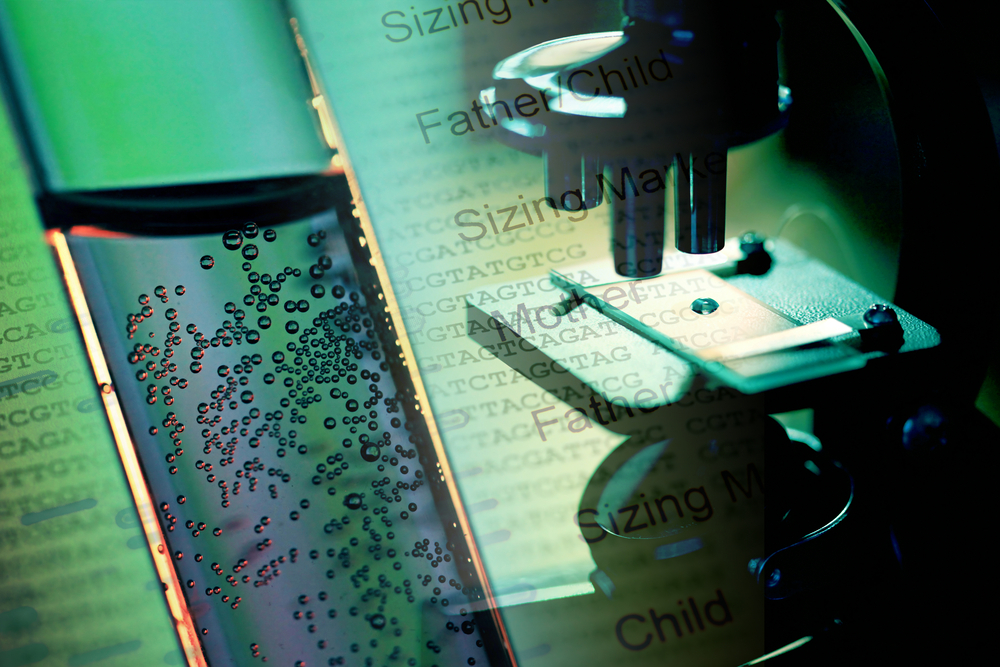Cytori Therapeutics a late stage cell therapy company developing autologous cell therapies from adipose tissue to treat a variety of medical conditions, recently announced the results from a 12-month follow-up of patients enrolled in the company’s Scleradec-I study testing the treatment of hand dysfunction in patients with a diagnosis of scleroderma. The study was published in the journal Rheumatology and is entitled “Autologous adipose-derived stromal vascular fraction in patients with systemic sclerosis: 12-month follow-up.”
Scleroderma, also known as systemic sclerosis, is a chronic systemic autoimmune disease characterized by hardening (sclero) of the skin (derma). In the more severe form, it also affects internal organs, such as the lungs. The Scleradec-I clinical trial, is an investigator-initiated, open-label 12 patient trial, led by Dr. Brigitte Granel and Dr. Guy Magalon from the Assistance Publique des Hôpitaux de Marseille. The study documents that a single treatment with Cytori Cell Therapy™ (ECCS-50) was able to provide clinical improvements in patients with impaired hand function due to scleroderma. Specifically, the results showed a significant decrease from baseline of 51.3% for Cochin Hand Function Scale score, 63.2% for RP severity and 46.8% for quality of life (Scleroderma Health Assessment Questionnaire) was observed.
The results also demonstrated a significant improvement of finger edema, skin sclerosis, motion and strength of the hands and of the vascular suppression score was also noted. The reduction in hand pain approached statistical significance. The questionnaire revealed a benefit in daily activities, housework and social activities.
Relative to the data assessed in SSc patients at the 6-month follow-up in the study, the 12-month results aim to highlight several outcomes such as fibrosis of the hand, which was measured with the modified Rodnan Skin Score and declined by 22.9% relative to baseline. Capillaroscopic assessment of vascular suppression improved by 35% compared to baseline.
The company is expecting to initiate later this year a follow-on European Phase II clinical trial (Scleradec II), a larger randomized, controlled clinical trial that will seek to validate these findings.
RELATED: Human Stem Cell Transplantation Revealed As Promising Treatment For Systemic Sclerosis
Because of these results, the FDA granted Cytori an IDE approval for the STAR clinical trial, a pivotal (Phase III) study of the company’s cell therapy for the treatment of Raynaud’s phenomena and hand dysfunction in scleroderma patients. The company initiated the patient enrolment in August, and a total of 80 patients are expected to complete this multi-center, double blind and randomized, placebo-controlled clinical trial.
“The observation that the improvement in hand function and Raynaud’s phenomena that was seen at 6 months, persists to at least 12 months with a single administration of Cytori Cell Therapy should provide added optimism on the outlook of this therapy for patients and their families,” said Dr. Steven Kesten, Chief Medical Officer, Cytori Therapeutics. “The prolonged benefit across a number of concordant endpoints in these patients is very encouraging. The recent start of the STAR trial brings us a step closer to understanding what role Cytori Cell Therapy may have in scleroderma.”

